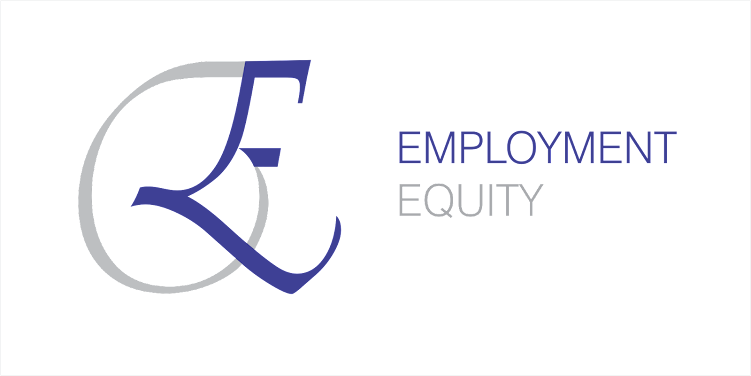The Employment Equity Act of South Africa is a powerful instrument designed to promote and achieve equality in the workplace. It's not just about prohibiting unfair discrimination but about actively promoting equal opportunity and fair treatment in employment through eliminating unfair discrimination.
The Act promotes the implementation of affirmative action measures for people from designated groups: black people, women, and people with disabilities. These measures are not about preferential treatment but about ensuring these groups have equal opportunities and are equitably represented across all occupational levels of the workforce.
Let's consider a hypothetical company, 'ACME'. Under the Employment Equity Act, ACME would be required to implement affirmative action measures to ensure the representation of people from designated groups in their workforce. This could involve setting employment equity targets, implementing skills development programmes for employees from designated groups, and creating a workplace culture that values diversity and inclusion.
The Act also promotes the development of an Employment Equity Plan, which outlines the steps the company will take to achieve these goals. It's a roadmap for creating a more equitable and inclusive workplace and a key tool for promoting employment equity in South Africa.
